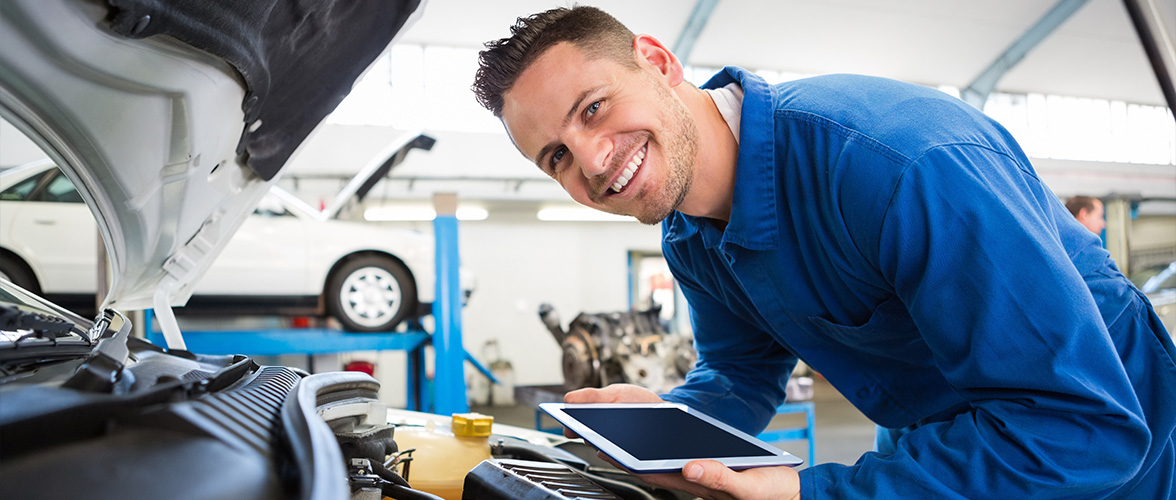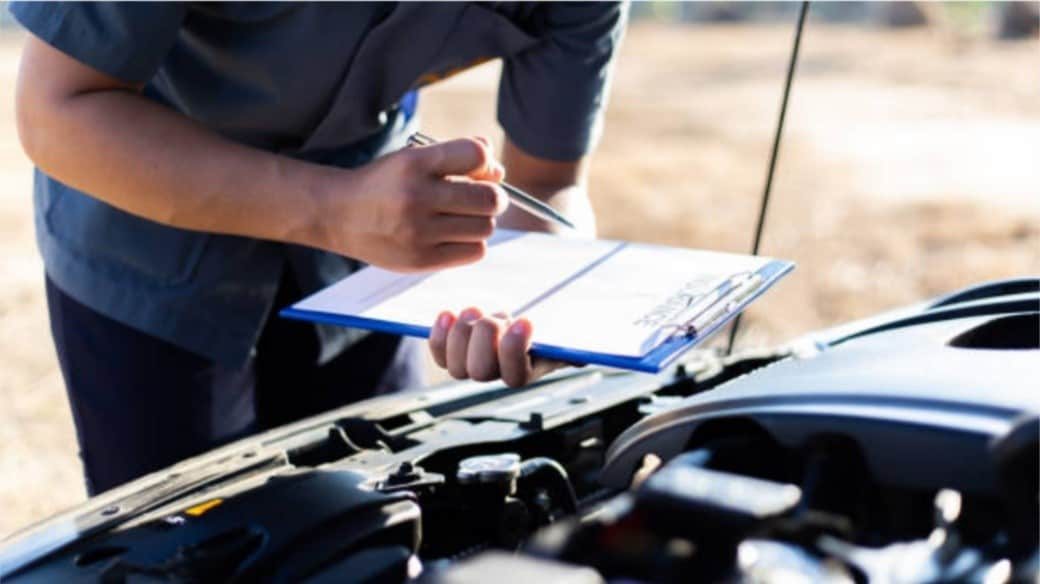All Categories
Featured
A car overheating can be a stressful situation, particularly if it occurs suddenly. High engine temperatures can bring about severe damage if not addressed without delay. Understanding what to do when your auto overheats and recognizing just how to prevent it can save you from pricey fixings and guarantee your safety on the roadway.
![]()
If Your Auto Gets too hot,What to Do. Draw Over Safely. As soon as you discover indications of getting too hot-- such as steam climbing from the hood, a surging temperature scale, or advising lights-- draw over to a safe area. Turn off the engine quickly to avoid further damages.
Switch Off the AC and Turn On the Heater. If you're incapable to draw over right away, shut off the cooling to reduce engine tons and turn on the heating unit. This reroutes warmth away from the engine and right into the cabin, which can assist decrease the engine temperature temporarily.
Open the Hood (with Care) Wait on the engine to cool prior to opening the hood. Opening it ahead of time can expose you to hot heavy steam or hot fluids. Once it's secure, evaluate the engine for apparent indicators of problem, such as leaking coolant or a broken radiator pipe.
Examine the Coolant Levels. If you have coolant or water in your lorry, include it to the reservoir or radiator when the engine has cooled off. Stay clear of adding chilly water to a warm radiator, as it can cause fracturing.
![]()
Ask For Support. Speak to a tow truck or roadside aid if you're unable to solve the issue or identify. Driving with an overheated engine can cause substantial damages, such as a blown head gasket or warped engine elements.
How to avoid Your Auto from Getting too hot. Examine Coolant Levels On A Regular Basis. Guarantee your car always has the correct quantity of coolant. Low coolant levels are just one of one of the most usual reasons for getting too hot. If needed., regularly inspect the coolant reservoir and leading it off.
Examine Radiator and Pipes. Look for fractures, leaks, or loose links in the radiator and pipes. Change any kind of broken components promptly to avoid coolant leaks.
Maintain Your Cooling System. Flush and refill the air conditioning system as suggested in your car's owner guidebook. With time, old coolant can lose its efficiency and stop working to shield the engine from overheating.
Display the Thermostat and Water Pump. A malfunctioning thermostat or water pump can interfere with the air conditioning system's feature. Have actually these parts inspected throughout regular upkeep to capture issues early.
Avoid Overwhelming Your Automobile. Excessive weight puts added pressure on the engine and air conditioning system. Keep your tons within the manufacturer's advised limits.
View the Temperature Gauge. Pay interest to your temperature gauge, specifically throughout heat or when increasing high slopes. Take preventative measures such as reducing speed or transforming off the AC. if the scale starts to climb.
Verdict. Taking care of an overheated automobile doesn't have to be overwhelming if you understand what actions to take. Performing promptly and securely can avoid more damages to your engine. To minimize the risk of overheating, remain on top of normal upkeep, evaluate your air conditioning system, and drive responsibly. With correct treatment, you can maintain your engine running efficiently and prevent the trouble of an overheated lorry.

If Your Auto Gets too hot,What to Do. Draw Over Safely. As soon as you discover indications of getting too hot-- such as steam climbing from the hood, a surging temperature scale, or advising lights-- draw over to a safe area. Turn off the engine quickly to avoid further damages.
Switch Off the AC and Turn On the Heater. If you're incapable to draw over right away, shut off the cooling to reduce engine tons and turn on the heating unit. This reroutes warmth away from the engine and right into the cabin, which can assist decrease the engine temperature temporarily.
Open the Hood (with Care) Wait on the engine to cool prior to opening the hood. Opening it ahead of time can expose you to hot heavy steam or hot fluids. Once it's secure, evaluate the engine for apparent indicators of problem, such as leaking coolant or a broken radiator pipe.
Examine the Coolant Levels. If you have coolant or water in your lorry, include it to the reservoir or radiator when the engine has cooled off. Stay clear of adding chilly water to a warm radiator, as it can cause fracturing.

Ask For Support. Speak to a tow truck or roadside aid if you're unable to solve the issue or identify. Driving with an overheated engine can cause substantial damages, such as a blown head gasket or warped engine elements.
How to avoid Your Auto from Getting too hot. Examine Coolant Levels On A Regular Basis. Guarantee your car always has the correct quantity of coolant. Low coolant levels are just one of one of the most usual reasons for getting too hot. If needed., regularly inspect the coolant reservoir and leading it off.
Examine Radiator and Pipes. Look for fractures, leaks, or loose links in the radiator and pipes. Change any kind of broken components promptly to avoid coolant leaks.
Maintain Your Cooling System. Flush and refill the air conditioning system as suggested in your car's owner guidebook. With time, old coolant can lose its efficiency and stop working to shield the engine from overheating.
Display the Thermostat and Water Pump. A malfunctioning thermostat or water pump can interfere with the air conditioning system's feature. Have actually these parts inspected throughout regular upkeep to capture issues early.
Avoid Overwhelming Your Automobile. Excessive weight puts added pressure on the engine and air conditioning system. Keep your tons within the manufacturer's advised limits.
View the Temperature Gauge. Pay interest to your temperature gauge, specifically throughout heat or when increasing high slopes. Take preventative measures such as reducing speed or transforming off the AC. if the scale starts to climb.
Verdict. Taking care of an overheated automobile doesn't have to be overwhelming if you understand what actions to take. Performing promptly and securely can avoid more damages to your engine. To minimize the risk of overheating, remain on top of normal upkeep, evaluate your air conditioning system, and drive responsibly. With correct treatment, you can maintain your engine running efficiently and prevent the trouble of an overheated lorry.
Latest Posts
Reputable Expenses Door Solutions for Houses and Organizations
Published en
1 min read
Discover Oil Changes & More: Complete Auto Care Solutions from Montclare Auto Repair
Published en
1 min read
How Regular Auto Maintenance at Montclare Auto Repair Reduces Costs
Published en
1 min read
More
Latest Posts
Reputable Expenses Door Solutions for Houses and Organizations
Published May 23, 25
1 min read
Discover Oil Changes & More: Complete Auto Care Solutions from Montclare Auto Repair
Published May 23, 25
1 min read
How Regular Auto Maintenance at Montclare Auto Repair Reduces Costs
Published May 23, 25
1 min read